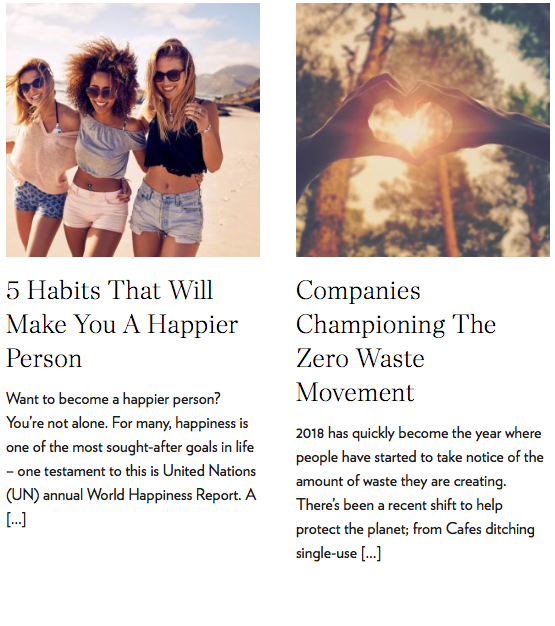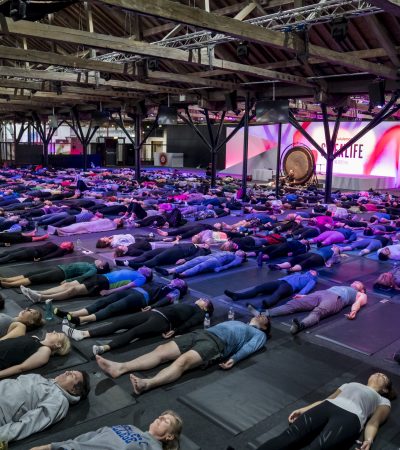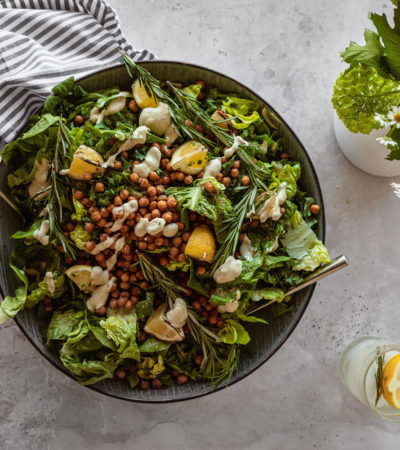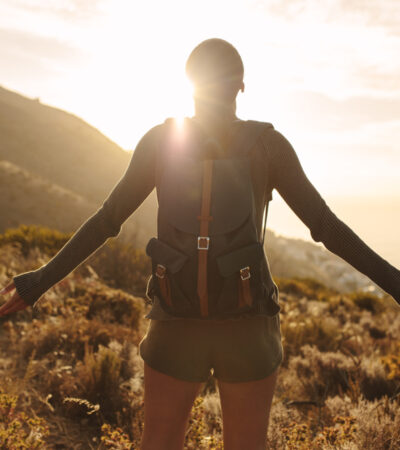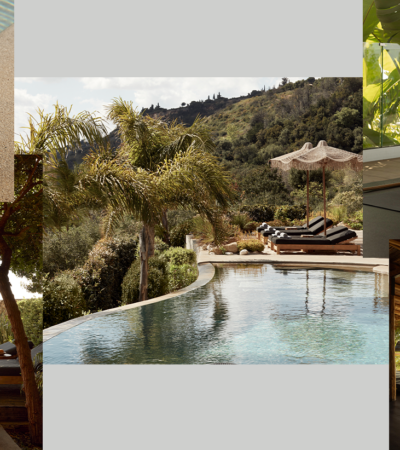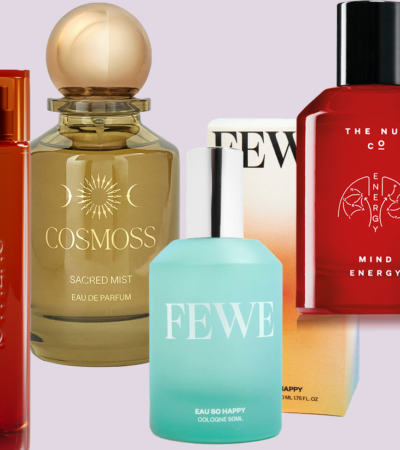Feeling Lonely? Social Media Might Be The Cause.
Everyone is talking about a loneliness epidemic, yet people seem to be more and more in contact with each other online. Is social media giving us a sense of community, or destroying it?
A community doesn’t just give us a good feeling. There is more and more evidence from all around the world that people who live in communities in which they are known, cared for, valued, and have a role to play, are generally healthier and happier–and live longer.
What about the social media community? Does communicating with people online give you that warm cuddly feeling? Or does it make you feel more isolated, more down on yourself, more left out of life?
There is a lot of research on this, but different studies come to very different conclusions
This is partly because we cannot always tell cause from effect. If people who use social media more turn out to be more socially isolated, as some studies show, which comes first? Are people who spend a lot of time on social media doing so because they are lonely, or does using it more actually make them lonely?
And of course, the effect of using social media also depends on how and how much you use it. For example, if you use social media to replace face to face communication and particularly if you use it voyeuristically to look at other people’s lives and compare yourself to them, you may well find that you are lonelier than ever, and down on yourself too because your life doesn’t look as good as everyone else’s.
There is a lot that’s good about using social media. At the simplest level, it can work really well to keep us in touch with our loved ones who may be far away or to catch up on news and stay in contact with people in a way that isn’t otherwise possible in a busy life.
Recently, I happened quite accidentally to read on Facebook about the death of the daughter of an old friend I’d lost touch with. Writing to him and offering my love and support was incredibly important to us both, and it wouldn’t have happened without Facebook.
Or, again, a friend tells me of her grandson who suffers from Asperger’s syndrome, and has trouble with direct intimate social relationships, but can manage the one-step-removed communication of social media. This has been life-changing for him and has paved the way for him to meet people face to face more safely and comfortably.
Social media can also be a way to engage in political or social or literary discourse with others of like mind, to sign petitions that may make a difference, or indeed, to find friends, partners, and colleagues whom one would never have otherwise met. How many people do we know who have met their partners online, and are happier for it?
In short, social media, when used in a good way, can open up a world of potential relationships.
But let’s not forget that social media began with comparing women with each other and is still rating us and comparing us in terms of the number of our followers and likes, and the quality of our lifestyle. Young people are renowned for using Facebook to compare their lives to those of others and decide theirs doesn’t match up.
Online interaction can also pull us away from the face-to-face. You may add your name to a petition signed by millions, and it may help, but what about the marches, protests, songs, solidarity strikes, and that sense of being arm in arm with others who are willing to sacrifice a little or a lot for what we believe in?
For myself, it is the face-to-face communities that have always been most healing. Indeed, being part of and creating community is one of the leitmotifs of my new memoir “Into the Woods and Out Again: A memoir of love, madness and transformation” (Sphinx, 2018)
But there are many kinds of face-to-face communities and it is not one size fits all.
My own experience in communities began with my community-oriented summer camps when I was a child, that brought me out of myself to the extent I thought I had two different personalities in camp and in school. When in my 20’s I had a breakdown and spent two or three months in a psychiatric ward, it was not the drugs or the staff that healed me, but the community of patients.
Then in 1979, I co-founded the now world-famous Skyros holidays (www.skyros.com) with my then-husband, Dr. Yannis Andricopoulos. Our wonderful holistic community oriented holidays, based on the Greek island of Skyros and later spreading worldwide, changed the lives of many thousands of people. We offer wonderful courses, a world-class staff, and a beautiful Greek island environment, but it is the community atmosphere we create there in one or two short weeks that makes the difference.
It is not just any old community that works. Status, assets, ratings, even willingness to fit in can’t be the point. You needed to feel accepted for who and what you really are, and encouraged to discover what is authentically important to you. I call this kind of community a “soul community” because we are connecting on that deep human and soulful level.
This doesn’t mean we need to leave the internet behind, but only that we need to use it as a means to truly bring us together.
Here are three tips for creating soul community around you:
1 Soul community happens when you dare to be yourself and feel accepted as the real you. Start to be aware of how much you tend to conform to what you think other people want from you. Now say one important true thing about yourself that you think the other person needs to know if they are really going to know you. Then wait and see what happens. If they run the other way, they were never right for you. But chances are they will say one true thing too, and your relationship will go deeper. Remember, though, that this isn’t about slagging someone else off, or for that matter putting yourself down, but about letting yourself be vulnerable and honest enough to admit your true feelings.
2 When you are interacting with someone, whether online or in person, don’t just look at them and think that you want to know them because they are cool. Instead, ask yourself “How do I feel in the presence of this person or group?” If they look good but you feel awful, walk away. But if you feel happy, engaged, valued, curious, then this relationship is one to pursue.
3 We feel strongest and most connected when we give. This can mean volunteering in your community. Or it can be finding something that you really love doing, and inviting other people to join you. You can do this with people that you already know, or start an online meet-up group. Chances are that if you love something, someone else will too. Be generous, and share your passions.
“Dina Glouberman’s new memoir Into The Woods and Out Again is out now, priced £9.99. In it, Dina reveals the inside story of her remarkable life, ranging from her experience of madness, to her adventures setting up Skyros Holistic Holidays on a Greek island. To find out more about Dina go to: www.dinaglouberman.com”
MORE ARTICLES YOU MIGHT LOVE…



